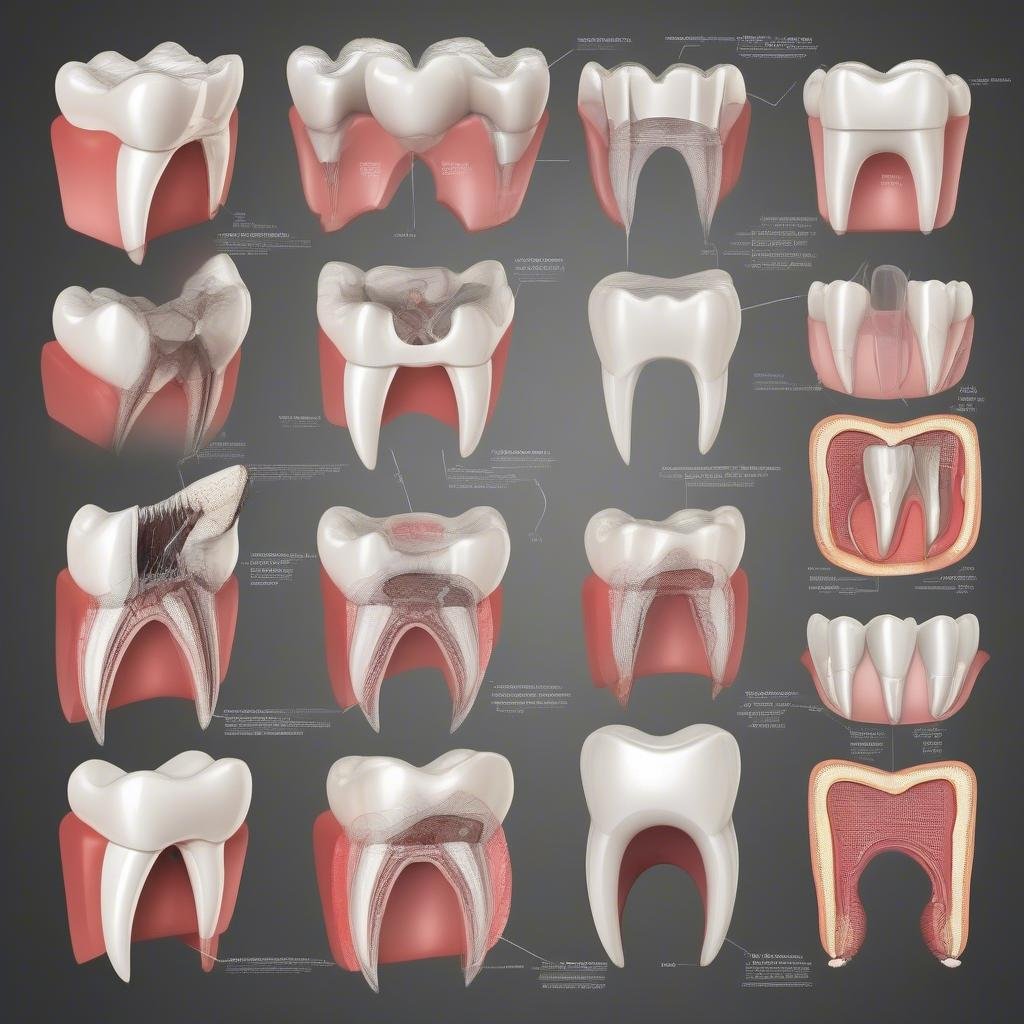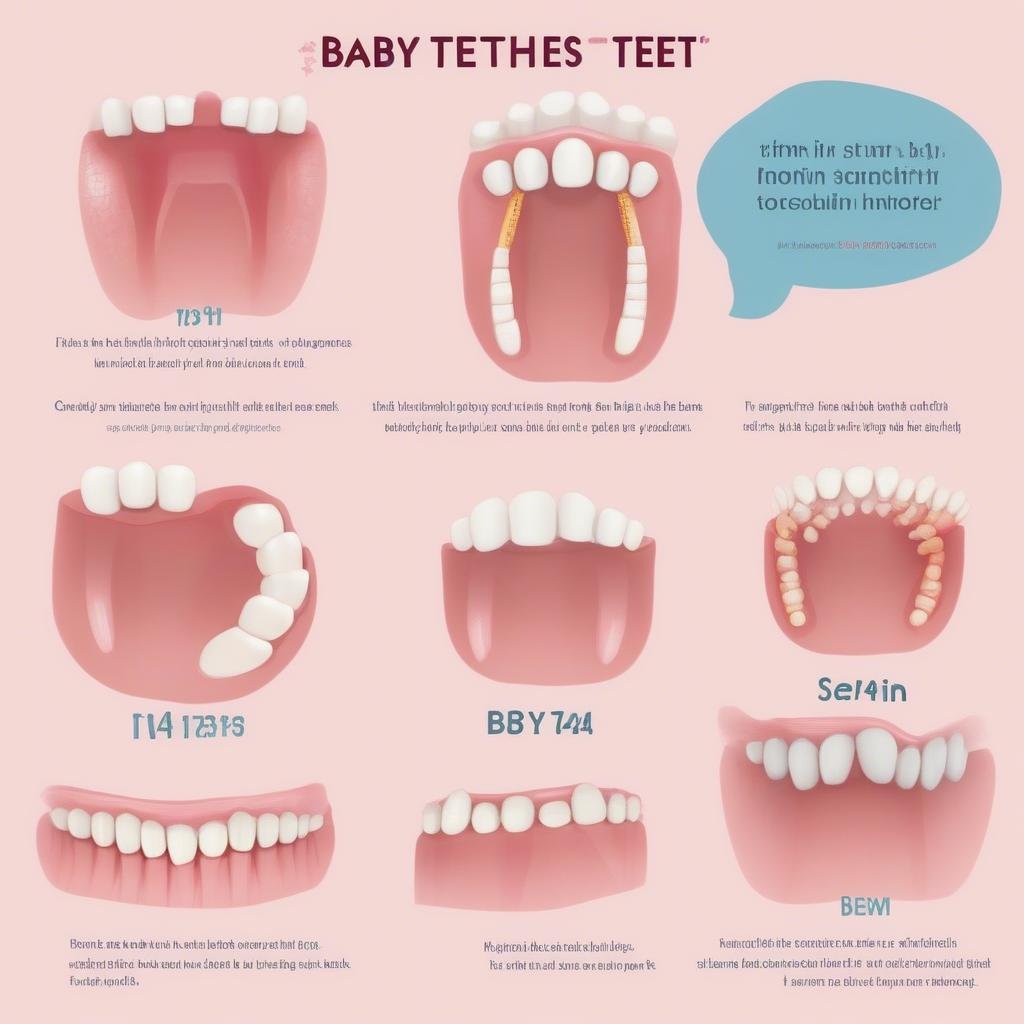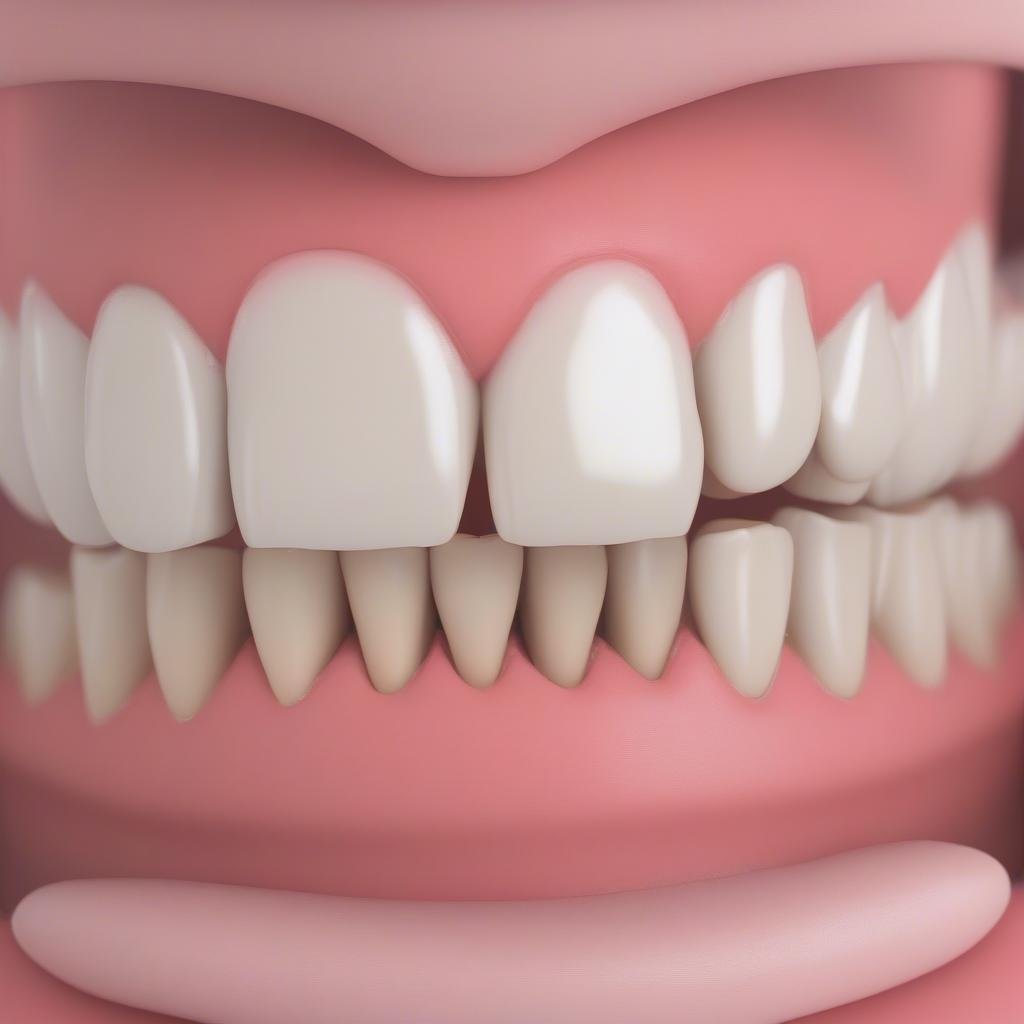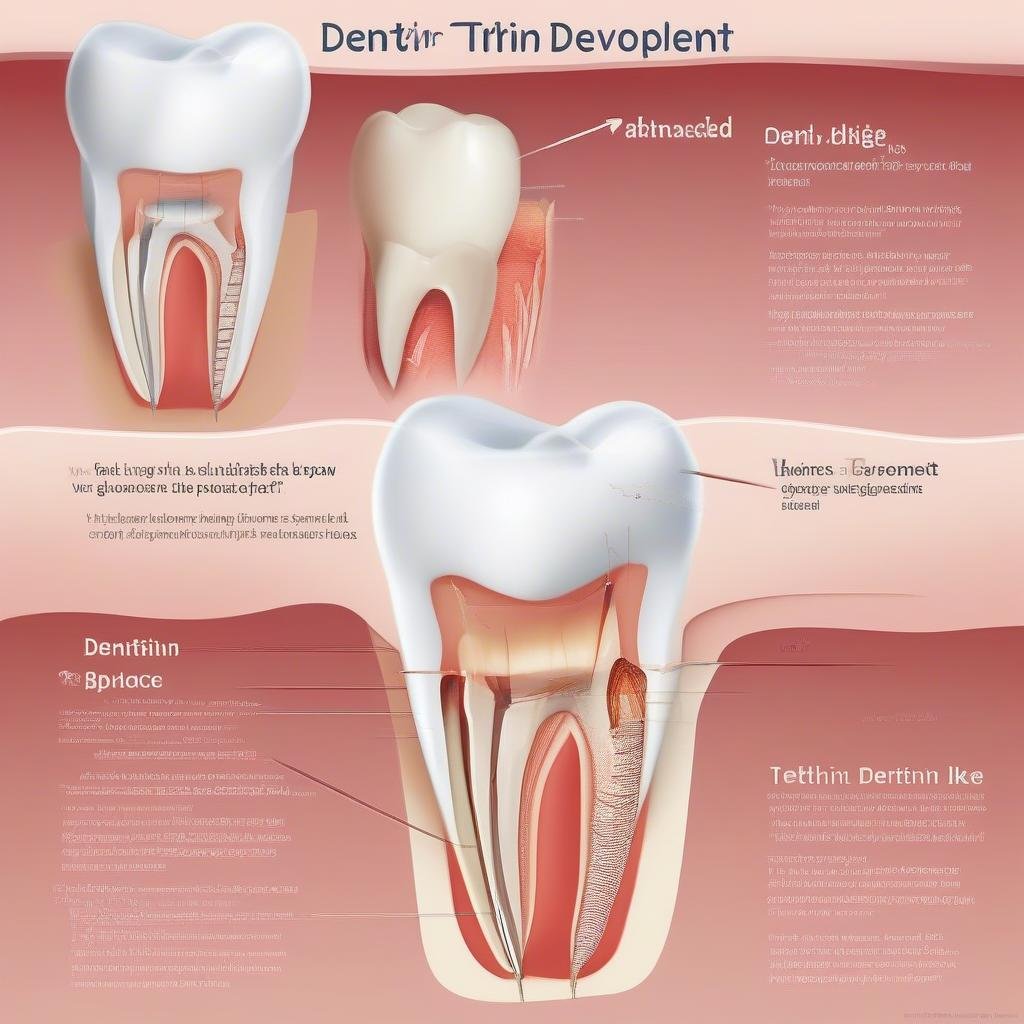Introduction
Hey there! Have you ever wondered how your teeth grow and change as you get older? Well, you’re in the right place! In this guide, we’re going to dive into the fascinating world of dentin development. Teeth are super cool because they have different parts, and dentin is one of the most important ones. Imagine your teeth like a big, strong building. The dentin is like the walls inside the building that keep everything together.
So, let’s start exploring how this amazing part of your teeth grows and develops. We’ll keep it fun and easy to understand, so get ready to learn all about dentin!
What is Dentin?
Dentin is a part of your teeth that lies beneath the outer layer called enamel. Think of enamel as the shiny, hard surface of your teeth. Dentin is softer but still super strong. It’s like the cozy cushion that gives your teeth their shape and strength.
Why is Dentin Important?
Dentin plays a big role in protecting your teeth. It helps keep your teeth strong and can even help when you’re chewing your food. Dentin also has tiny tubes called “dentinal tubules” that can send signals to your brain. These signals can tell you if your teeth are too hot, too cold, or even if something is too hard to chew.
How Does Dentin Develop?

Now that we know what dentin is, let’s explore how it develops.
The Beginning of Dentin Formation
When you’re just a baby, your first set of teeth, called baby teeth, start to form. This is where dentin development begins. Baby teeth start to develop under your gums, and dentin starts forming inside these little teeth.
Growth of Dentin
As you grow older, your baby teeth eventually fall out to make way for your adult teeth. When your adult teeth start to grow, dentin continues to develop. It helps your new teeth get their shape and strength. Dentin forms as your teeth grow and can change a bit over time.
The Role of Dentin in Adult Teeth
When you get your adult teeth, the dentin in these teeth is very important. It helps your teeth stay strong and healthy. It also helps protect the nerves inside your teeth, making sure they don’t get hurt easily.
Key Features of Dentin Development

Let’s look at some important features of dentin development. Here’s a table to help you understand:
| Feature | Description |
|---|---|
| Dentin Tubules | Tiny tubes in dentin that help send signals to your brain. |
| Dentin Formation | Starts when you are a baby and continues as your teeth grow. |
| Primary Dentin | The first dentin that forms when your teeth are developing. |
| Secondary Dentin | Forms slowly as you get older and helps protect your teeth. |
| Tertiary Dentin | Also known as reparative dentin, it forms in response to damage. |
| Dentin and Enamel | Dentin lies beneath enamel and supports it. |
| Dentin Sensitivity | Dentin helps your teeth sense temperature and pressure changes. |
| Dentin Strength | Helps keep your teeth strong and can handle chewing and biting. |
How Dentin Develops: A Step-by-Step Guide
1. Baby Teeth and Dentin
When you’re a baby, your baby teeth are starting to grow. Dentin begins to form in these tiny teeth. This is the first stage of dentin development.
2. Transition to Adult Teeth
As you get older, your baby teeth will start to fall out, making room for your adult teeth. When your adult teeth come in, new dentin forms to make them strong and ready for chewing.
3. Continued Dentin Growth
Even after your adult teeth have grown in, dentin continues to develop slowly over time. This helps your teeth stay strong and healthy throughout your life.
Fun Facts About Dentin

- Dentin is not as hard as enamel but is still really strong.
- Your teeth are alive! Dentin has nerves that help you feel things.
- Dentin can change color as you get older, but it’s perfectly normal.
- Eating healthy foods can help your dentin stay strong.
FAQs About Dentin Development
1. Why is dentin important?
Dentin is crucial because it helps protect your teeth and supports the enamel. It also helps you feel temperature changes and pressure when you eat.
2. How does dentin form?
Dentin forms from special cells in your teeth called odontoblasts. These cells create dentin by adding layers over time.
3. Can dentin get damaged?
Yes, dentin can get damaged if your teeth are hurt or if you have cavities. It’s important to take good care of your teeth to keep the dentin healthy.
4. What happens if dentin is exposed?
If dentin is exposed, it can cause sensitivity or pain, especially to hot, cold, or sweet foods. It’s essential to protect your teeth to avoid this.
5. How can I keep my dentin healthy?
Brushing your teeth regularly, eating healthy foods, and visiting your dentist can help keep your dentin and overall teeth healthy.
Conclusion
Wow, we’ve learned so much about dentin today! From how it starts to form when you’re a baby to how it helps protect your teeth as you grow, dentin is pretty amazing. It plays a huge role in keeping your teeth strong and healthy. Remember to take care of your teeth by brushing and eating healthy foods so your dentin can stay in top shape!
So next time you smile, think about all the hard work your dentin is doing to help you show off those pearly whites. Keep exploring and learning about your body, and you’ll discover even more cool things!

